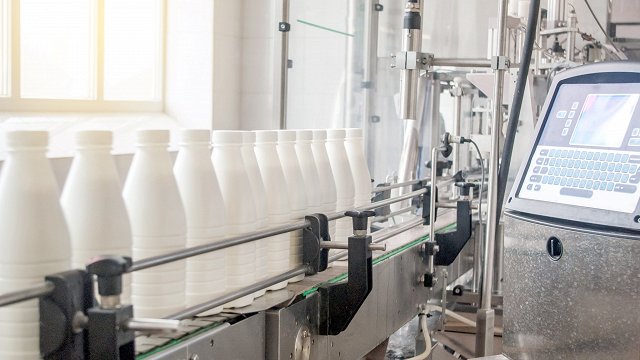This shortage is slightly cushioned by third-country students who are studying in Latvia while working, but it's not enough. Politicians promised to lower VAT for the industry to 12% in 2018, as is done in several European countries to combat the shadow economy, but the promise has yet to materialize, said Latvian Restaurant Association Board Member, chef and co-owner of two restaurants Ēriks Dreibants.
“Of course after elections no one remembers anything anymore, and in a sense our industry has been cheated. When someone gives me their word, I believe it. Now we're at about the same point we've been the whole time,” said Dreibants.
He explains that it's easier for larger companies in the industry who have created chains. They have standardized menus and a production facility for preparing the food. For smaller family businesses where everything is prepared on-site it's harder. They frequently close due to tax debts. The lack of workers greatly affects this industry specifically, as most of the work can't be mechanized. Foreign students slightly ease the situation in Latvia.
“Unfortunately Latvians go to England to work as dish washers, and thanks to Eastern European workers their economy has grown. The same is happening here. If we didn't have these workers it would be crazy,” continued Dreibants.
Association President Jānis Jenzis emphasizes that the strict immigration policy is also to blame. "We don't need to guard the Schengen border as strictly as we are. And we can't lose money renting workers from Poland, where they pay taxes in Poland. I don't believe that people from Ireland or England will come home to wash dishes. I want them to come home so that they can create a business or become business managers with their international experience,” said Jenzis.
Jenzis says that a study conducted a year ago shows that the industry needs around 5,000 more workers, which is about 15% of the necessary workforce.



























